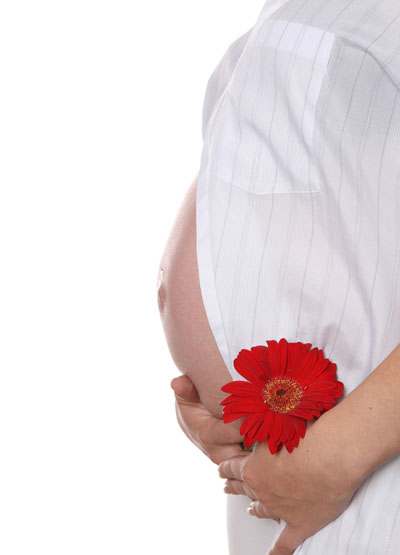Pros and Cons of Getting Pregnant in Winter
Winter is not a very good time for planning and conceiving children. That is what many moms and dads think. After all, it is during this time that the levels of prolactin are elevated in the woman‘s body. Prolactin is a hormone that suppresses sexual desire and inhibits the ovaries.

Therefore, oocyte maturation occurs much less frequently in winter than at any other time of the year. Still, there are a lot of babies conceived in winter, just as of those conceived in fall, spring or summer. Now, we shall discuss the pros and cons of getting pregnant in winter.
Why Getting Pregnant in Winter?
When it is winter outside, women’s sexual desire is inhibited. But as for men’s desire, cold weather does not influence it. In addition, the U.S. scientists believe that it is best for the couples, who do not yet have children, to try their luck in winter. It is proved that sperm production improves in the male body under the influence of frost and cold. Therefore, the chances of conceiving a healthy baby increase during this period.
If you get pregnant in winter, the second trimester of pregnancy will be in spring. To be exact, this is the period of rapid emotional recovery. The first greenery appears. Yet it does not mean that the future mom will be able to completely stop taking different multivitamin medicines. They must be taken during all three trimesters.
But the third trimester of pregnancy will fall on summer. You will be able to rest from heavy clothing, and there will be no need to look for bigger winter clothes.

Light dresses and sandals for the future mom – what could be better? The delivery itself will take place in early autumn. It means that there will be a great selection of fruits and vegetables at your disposal. Eating all these useful products, the newly formed mummy will easily improve the quality of her milk.
Contra of Winter Conception
The disadvantages of winter conception include the fact that the first trimester of pregnancy will occur during the worst period in terms of epidemiological situation. The fetus is extremely vulnerable in the first couple of months of intrauterine development. Its placental barrier has not yet formed, and the future baby is vulnerable to difficult and dangerous viral infections.
Therefore, pregnant women have to thoroughly realize it and follow all the necessary precautions, such as washing hands with soap more frequently, wearing a gauze bandage, and moisturizing their nose.
The second trimester of pregnancy, if the child is conceived in winter, falls on early spring. However, spring cannot particularly please you with vitamins. To improve the situation, you may eat sauerkraut, since this product contains the remains of vitamin C, citrus fruits, carrot-apple fresh juice, green onions, and parsley.
The expectant mother goes through the third trimester of pregnancy in mid-summer. She may be annoyed at edema. It is also important for the future mom to avoid frequent exposure to the sun, especially from 11 a.m. to 5 p.m., not to drink more than 1.5 liters of liquid per day.
By the way, the scientists from England have noticed that the babies expected in fall, are in no hurry to be born: their planned birth is often delayed. Physicians do not yet know how to explain this phenomenon. This tendency might be linked with natural biorhythms, which can compel the body to slow down its livelihood.
So, planning to conceive in winter or not is up to you. In any case, the most important thing for the baby is to be wanted, and then loved!
